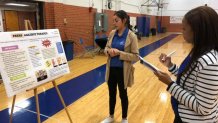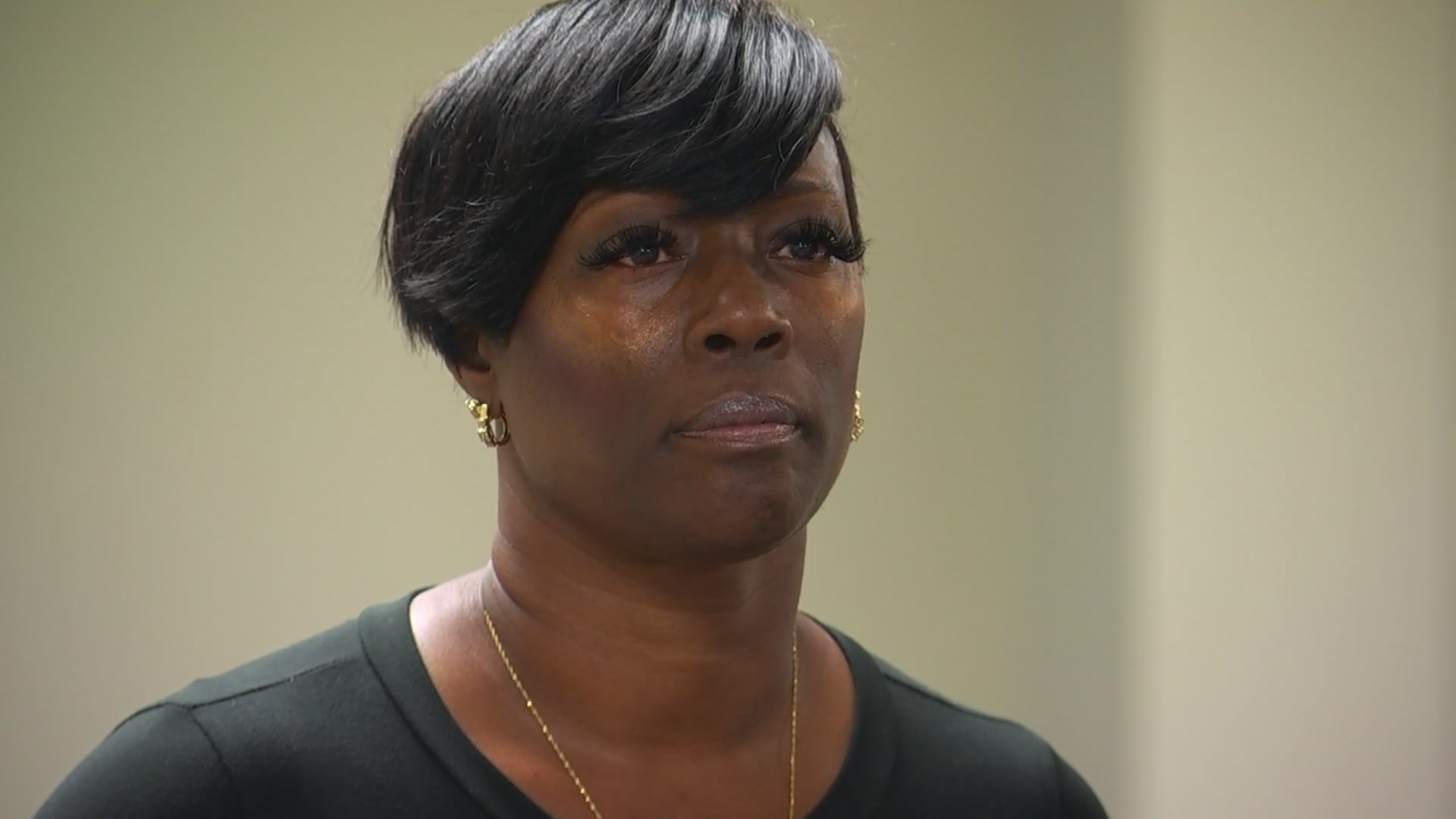Universities are reporting an uptick in public health majors as the pandemic ushers in a new wave of aspiring students who hope to make a difference in the world after COVID-19.
For almost two years now, students have been able to learn from and observe a public health crisis unfolding in real-time, in the real world.
“Oftentimes, students have come into this program and didn’t know a lot about public health. They were interested in going into health care but they weren’t really sure what the field of public health entailed,” said Brandie Green, a clinical assistant professor for the public health program at UT Arlington. “Now because of the pandemic, a lot of students know more about public health and they’re interested in being part of that prevention side.”
UTA and Texas A&M are just some of several institutions across the state and country seeing a surge in interest for public health careers.
Get DFW local news, weather forecasts and entertainment stories to your inbox. Sign up for NBC DFW newsletters.
For example, UTA said enrollment in their undergrad public health program increased by almost 40% over the last two years. Students in their master's of public health program have tripled.
According to the Association of Schools and Programs of Public Health, applications to graduate-level public health programs across the country have grown by 40% during the pandemic.
“With the pandemic, we were able to see real-life examples of the things that we talk about in class so it has served as a good example," said Ariel Hall, who is working on her master’s degree in public health at UTA. "Although it’s not the best situation that we all want to be in, it really was eye-opening and kind of further proved why I want to be in public health."

Hall said she originally wanted to be a doctor and even graduated with a biology degree from Texas Woman’s University. But something compelled her to start the master’s program at UTA.
Local
The latest news from around North Texas.
“Public health is all about prevention and health promotion. I was drawn to that more,” she said.
That same semester she enrolled, the pandemic hit. However, she said she’s only watched more students join her side in this career path.
“It’s such a broad field that whatever your personal interests are, there’s something for you,” Hall said.
Public health can include roles such as community health workers, epidemiologists, disease intervention specialists, and contact tracers. Much of their work focuses on preventing and monitoring health emergencies and chronic diseases, something that even average citizens have become interested in during COVID-19.
Professors said students are seeing a need to either improve or become a part of making a difference in the industry because of all the issues we’ve seen during COVID-19, such as vaccine and testing disparities.
“Medicine saves one life at a time, while public health saves millions of lives at a time,” said Sarah Butler, recalling something a professor told her at the start of the degree program at UTA. “That’s when I realized that’s exactly what I want to do and what I want to pursue. I’ve always had a passion to help others.”

Butler is about to graduate with a bachelor's in public health and exercise science this May. She said the pandemic helped her realize the magnitude of this career field and the changes she personally wants to make to the future of health care.
“Because of COVID-19, we’ve seen how important public health care professionals are and what they do,” she said. “They promote, they protect, they care for the public. So I’m just glad that I have the opportunity to be on the front lines very soon."
EDUCATING THE PUBLIC
These teachable moments during the pandemic have been crucial.
“One of the most important things that we can do in the field of public health is focusing on health communication. We’ve seen throughout this pandemic that there is a lot of misinformation that has caused people to not receive vaccines or to not receive treatment,” said Green. “It's important to have that health education that is based on the population that we're serving and change the communication to be specific to each population group that we are looking at.”
Professor Green actually teaches a communications class to help students understand how to communicate important health information to the public, especially through social media like TikTok and YouTube.
“One of the things that we’ve learned and done is teach through TikTok. For some of our younger generation, we could use social media a lot more to get those points across," she said. “Learning how to do a breast exam, or sex education and chronic diseases through a TikTok is something that students are learning to do. Those things that you think are not as effective is pretty much how the population is learning at this point."
Students are learning the importance of educating the public not just on COVID-19, but other issues plaguing DFW such as diabetes, cancer, and heart disease, especially in diverse communities.
Green said one of the biggest issues in the area among women of color is maternal mortality.
“Maternal mortality is the death of a mother after childbirth, typically up to a year after childbirth,” said Green. “We have some women that are experiencing a number of different complications from childbirth. A lot of them could be educated on it – they can look for signs and symptoms on where they can be treated. But because of that lack of education, we are seeing a high number of women that are dying from maternal mortality.”
That’s something Hall hopes to be able to address in her future career, as her master’s degree has a concentration on urban health.
“I want to focus on people who look like me, who have had experiences like me,” she said. “Really just help them and everybody else as well to reach health equity and have access to health care and healthy lifestyles.”
Green said faculty are trained to help students find their passion areas of focus within public health.
“Especially for students of color, they’re looking for someone that’s going to provide them with more representation. Someone that can give them some feedback on what’s happening within their own community," said Green. “Being able to be that voice and see what’s happening within that community, these are some of the things we can do to help people of color that I am passionate about doing."
FOOD INSECURITY
The public health field also encompasses food insecurities, which has been another local issue worsened by the pandemic.
There are many food deserts in North Texas, in which families do not have access to healthy fruits and vegetables near home.
“A lot of residents are shopping at dollar stores – that’s where they’re getting all of their food from because that is what is available to them," said Green. "They’re eating processed foods or foods that are not healthy for them. That can lead to some of those chronic illnesses we talk about."
UTA students are working on projects addressing food insecurity, actively conducting food surveys to help nonprofits like Healthy Tarrant County Collaboration to help improve access to healthy groceries.

Coming up this semester, students will also be developing a YouTube page showing families how to cook for a family of four for $20 or less.
"They’ll come up with recipes and put it into a YouTube channel to help those families that have an economic disadvantage and live in a food desert to learn how to be healthier on a budget," said Green.
With more students pursuing career paths in public health, Green said there will be even more opportunities for hands-on learning that will benefit communities in North Texas.
"A lot of times it is nonprofit organizations or programs like UTA's that help to bridge that gap and show what some of the needs are within the communities," said Green. "We are happy to help organizations find those needs so we can build solutions for them."



